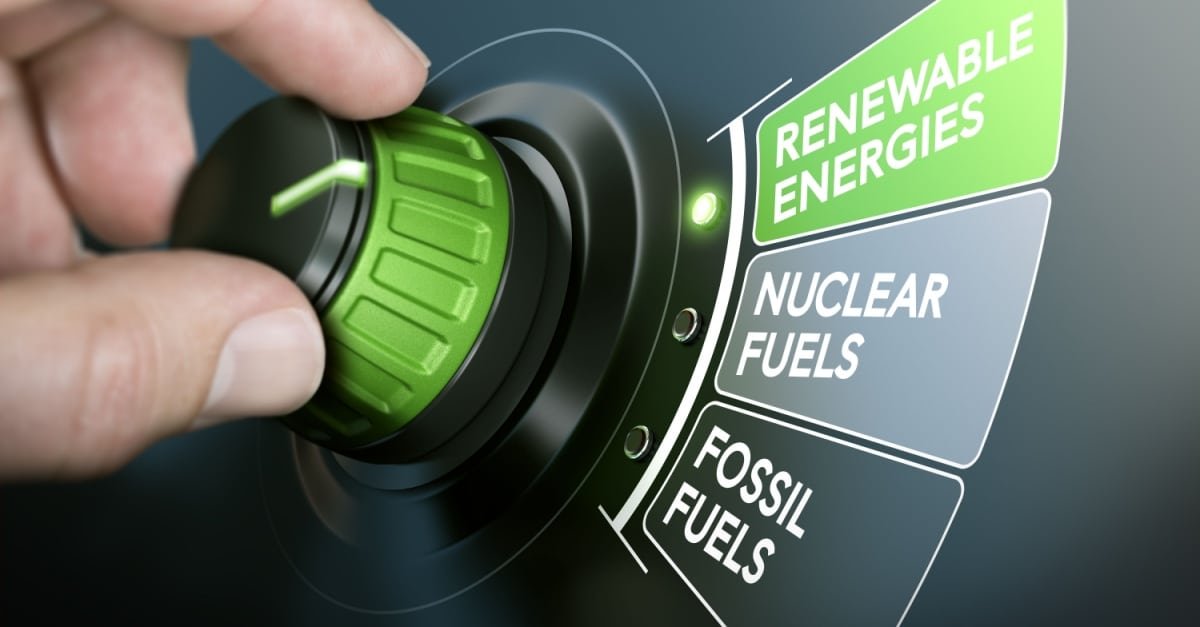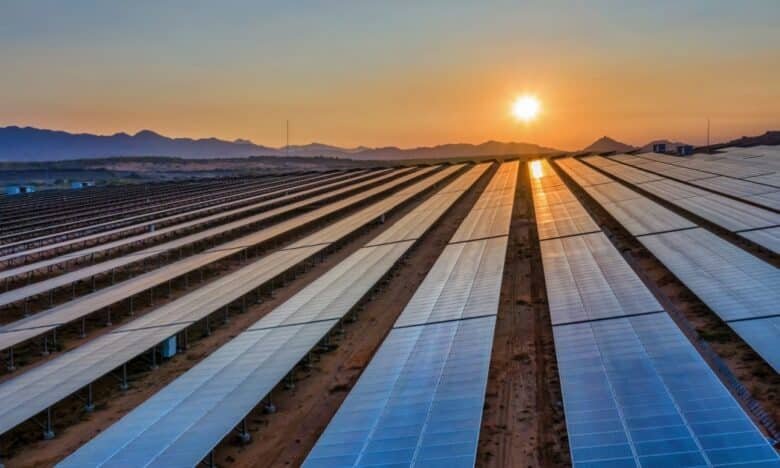
Climate Change Commission Pushes for RE
- July 23, 2025
Two pioneering projects—floating solar power systems and carbon-neutral railway solutions—are at the heart of a renewed push by the Climate Change Commission (CCC) and the Global Green Growth Institute (GGGI) to advance clean energy in the Philippines. Funded by South Korea’s Green New Deal Trust Fund, the initiatives aim to cut emissions and build momentum for a more climate-resilient future.
With climate goals in sharp focus, GGGI is helping the Philippines prepare for international carbon trading under the Paris Agreement by supporting policy integration, stakeholder engagement, and technical training. Working closely with key agencies like the Department of Energy (DOE), Department of Transportation (DOTr), and National Irrigation Administration (NIA), the CCC ensures these efforts stay aligned with the country’s low-carbon development agenda.
In recent weeks, the two organizations have advanced the projects through strategic site visits and top-level consultations, laying the groundwork for implementation.
Key discussions on accelerating clean energy took center stage during a forum on April 29, where national agencies convened to tackle strategies for renewable integration and climate governance. Momentum continued the next day with a high-level meeting at the CCC’s headquarters to iron out implementation details and funding pathways.
Exploring new ground for clean energy, GGGI and CCC officials met with the NIA on June 5 to discuss the potential of floating solar on irrigation sites. A follow-up site visit to Bustos Dam in Bulacan took place on June 10, where technical teams conducted site studies with support from NIA Region 3.
Project teams engaged community leaders in Bustos and San Rafael through courtesy visits that drew strong backing from local governments. At the same time, discussions with the DOE’s Renewable Energy Management Bureau delved into potential incentives for developers.
Pushing forward the transition to low-emission transport, GGGI held talks with the Philippine National Railways (PNR) and DOTr to align on carbon-neutral rail efforts.
GGGI is providing full technical backing through field assessments, financial modeling, stakeholder engagement, and capacity-building efforts. These initiatives are geared toward solidifying the country’s renewable energy transition and strengthening its role in global climate action.
(Also read: ACEN Invests in Landmark Offshore Wind Project)
PH specialists upskill in NZ climate program
Fresh from a capacity-building program in New Zealand (NZ), Filipino climate and energy professionals led by the CCC returned with critical insights on renewable energy management. The training is expected to boost the country’s shift toward cleaner, more resilient energy systems.
From May 26 to June 24, Filipino delegates completed a month-long Renewable Energy Project Management course, fully funded through NZ’s International Development Program. The training, held under the Manaaki Scholarship and backed by the country’s foreign and education ministries, aimed to strengthen renewable energy leadership in the Philippines.
The regional training brought together participants from across Southeast Asia, including Cambodia, Laos, Indonesia, Myanmar, Vietnam, Timor-Leste, and the Philippines, to enhance skills in renewable energy project management. The Philippine delegation included experts from the CCC, Mindanao Development Authority (MinDA), the Bangsamoro Ministry of Environment, Natural Resources and Energy (MENRE-BARMM), and clean energy company ACEN.
According to the CCC, the training focused on equipping participants with a deeper understanding of renewable energy opportunities and challenges in Southeast Asia. It is also targeted to strengthen their grasp of project management methods and enhance their ability to apply these skills in real-world energy projects.
Blending technical knowledge with practical application, the course covered wind, solar, geothermal, hydropower, and biomass energy.
(Also read: DOE to Finalize Grid Plan by September for Renewables Push)
New global record for CO2 emissions in 2024
The Energy Institute’s Statistical Review of World Energy recently reported that global carbon dioxide emissions from energy sources rose by 1% in 2024, marking a record high for the fourth consecutive year.
The report paints a stark picture of 2024: energy-related emissions soared to an unprecedented 40.8 gigatonnes, while global energy demand climbed 2% to a new high. That same year, the planet recorded its hottest temperatures yet, breaching the 1.5°C warming threshold for the first time.
Despite rapid gains in wind and solar—up 16% and growing nine times faster than overall energy demand—fossil fuel use still edged up by over 1% in 2024. Every major energy source, from coal and oil to renewables and nuclear, reached record highs. Electricity demand surged 4%.
Renewable energy consumption reached an all-time high in 2024, yet it still fell short of offsetting the surge in global energy demand.
Sources:
https://www.pna.gov.ph/articles/1252693
https://www.pna.gov.ph/articles/1253116
https://www.pna.gov.ph/articles/1253294



